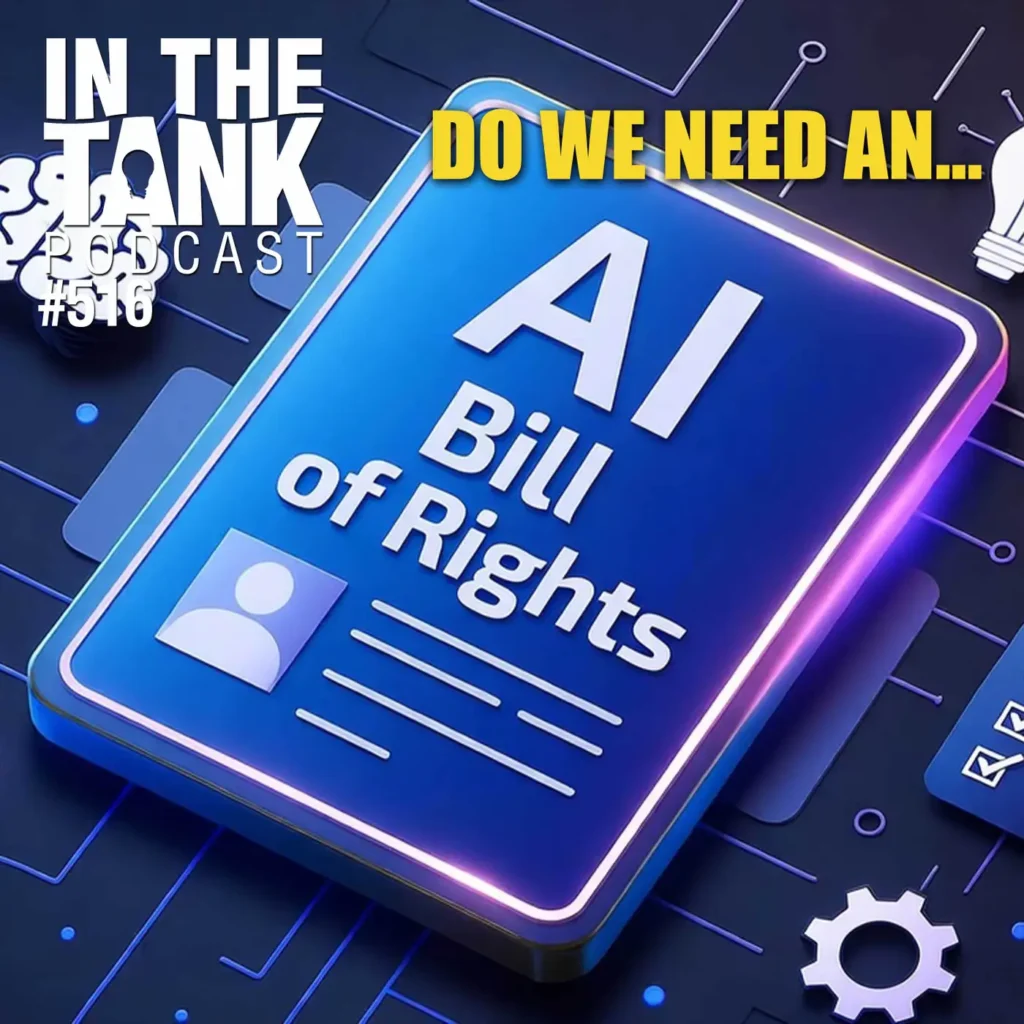Some old-guard Republicans are floating the idea of a national tax on carbon-dioxide emissions. The newly minted Climate Leadership Council (CLC), composed of aged establishment Republicans who’ve seen their stature diminish with the rise of the tea-party movement and election of Donald Trump as president, tried to appear relevant by pitching the worn-out idea of a carbon tax-and-rebate scheme in a meeting with President Trump on February 8.
In exchange for the tax, CLC proposes eliminating nearly all of former President Barack Obama’s climate policies. It’s almost certainly true regulatory greenhouse gas restrictions imposed by the Obama administration distort energy markets more than a straight carbon tax would, but why replace a bad set of policies with a slightly less bad tax? This is not one of those repeal and replace moments. Let’s just get rid of the regulations, full stop, no replacement!
The only reason to discourage the use of fossil fuels is to prevent supposedly dangerous climate change. Yet the best evidence — as opposed to dubious computer model predictions — suggests humans aren’t causing the climate to change in ways that even remotely threaten human health or environmental integrity.
Less than a year ago, on June 10, 2016, the U.S. House of Representatives passed a resolution sponsored by Rep. Steve Scalise, R-La., saying a carbon tax would harm the economy and should not be enacted. Because a carbon tax would apply to 85 percent of the United States’ energy, and energy is the lifeblood of the economy, the resolution noted a carbon tax “would be detrimental to American families and businesses, and is not in the best interest of the United States.”
Nothing has changed since last June. A carbon tax would still harm the economy.
Multiple independent analyses, including reports by the Congressional Budget Office (CBO) and National Association of Manufacturers (NAM), have found carbon taxes and similar policies result in significant negative unintended consequences.
As a 2016 letter by a group of 22 research institutes, legal foundations and grassroots activist groups — including The Heartland Institute, my employer — discussing the harmful effects a carbon tax would have on the economy stated, “Such marketplace manipulation represents a recipe for unintended consequences and self-inflicted economic damage … (and would be) … regressive, imposing disproportionately high costs on middle- and lower-income families and thereby harming most those who can afford it least.”
NAM says a carbon tax could eliminate the equivalent of 21 million jobs over the next 40 years and reduce workers’ wages by up to 8.5 percent. NAM also says a carbon tax would increase the cost of goods and services, as manufacturers and retailers would pass their higher energy costs on to consumers.
CBO notes a carbon tax is highly regressive, costing the poorest one-fifth of American households 250 percent more than the richest one-fifth of households. Low-income communities, seniors and those on fixed incomes spend a greater proportion of their budgets on energy and energy-related items compared to middle-income and wealthy households.
Much of President Trump’s presidential candidacy and his early actions in office have aimed at getting U.S. companies to move their manufacturing back to the United States and encouraging foreign companies to relocate here, thus creating more jobs for Americans. A carbon tax would undermine those efforts.
One of the country’s prime competitive advantages compared to other countries is our abundance of low-cost fossil fuels. The American Energy Alliance notes in the second half of 2014, the average price of electricity for industrial consumers in the European Union was 12 cents per kilowatt hour, compared to 7 cents per kilowatt hour in the United States. Because a carbon tax would result in higher energy costs, it would encourage American companies to move their operations abroad. It’s hard to see how that would “make America great again.”
There is never a good time to enact bad policy, and a carbon tax is one of the worst policies I can imagine. Thankfully, I think President Trump is too smart to fall for it.
[Originally Published at Inside Sources]



